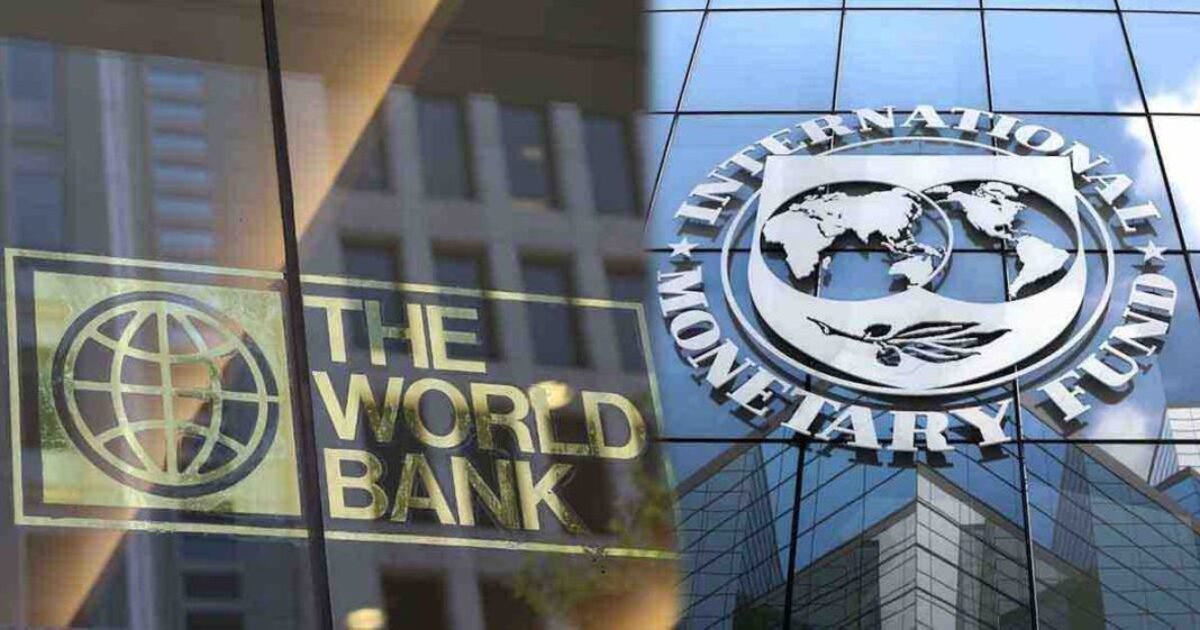Washington (TDI): Global finance leaders gathered in Washington this past week seeking clarity on what it would take to secure some relief from US President Donald Trump’s massive tariffs and on how much damage those tariffs could inflict on the global economy.
Most headed home with more questions than answers, according to Reuters.
Many participants in the International Monetary Fund (IMF) and World Bank Spring Meetings had a sense that Trump’s administration was still conflicted in its demands from trading partners targeted with his massive tariffs.
During the meetings, many finance and trade ministers tried to see with US Treasury Secretary Scott Bessent and other officials of the Trump administration officials, but to no avail.
Polish Finance Minister Andrzej Domanski states, “We know that they think — that it won’t be that bad.”
“They think it’s a short-term pain, long-term gain. And I am worried that we will have short-term pain, long-term pain.”
Read More: US Weighs Exit from IMF, World Bank
The Trump administration’s most substantial trade talks during the week were with Japan and South Korea, but it produced inconclusive results.
The IMF took a slightly more optimistic view of the economic effects from the Trump’s tariffs, downgrading growth forecasts for most nations in its World Economic Outlook but stopping far short of predicting recessions — even for the United States and export-dependent China.
Kristalina Georgieva, IMF Managing Director (MD), said that member nations were worried about the uncertainty shock to a world economy already hit by Covid pandemic, inflation and conflicts but held out optimism that talks on trade issues would ease the tariff tensions.
Read More: Argentina Seals $20B IMF Deal, Ends Currency Controls
Eric LeCompte, Executive Director of Jubilee USA Network, a faith-based nonprofit group advocating debt relief, stated that the IMF’s predictions were obviously aimed at averting market panic, even as in private meetings, officials showed concerns about the looming debt crises.
“It was a do-nothing kind of week,” LeCompte said, adding that debt talks were inconclusive and overshadowed by tariff negotiations.
Farkhund Yousafzai is an Associate Editor at The Diplomatic Insight.



